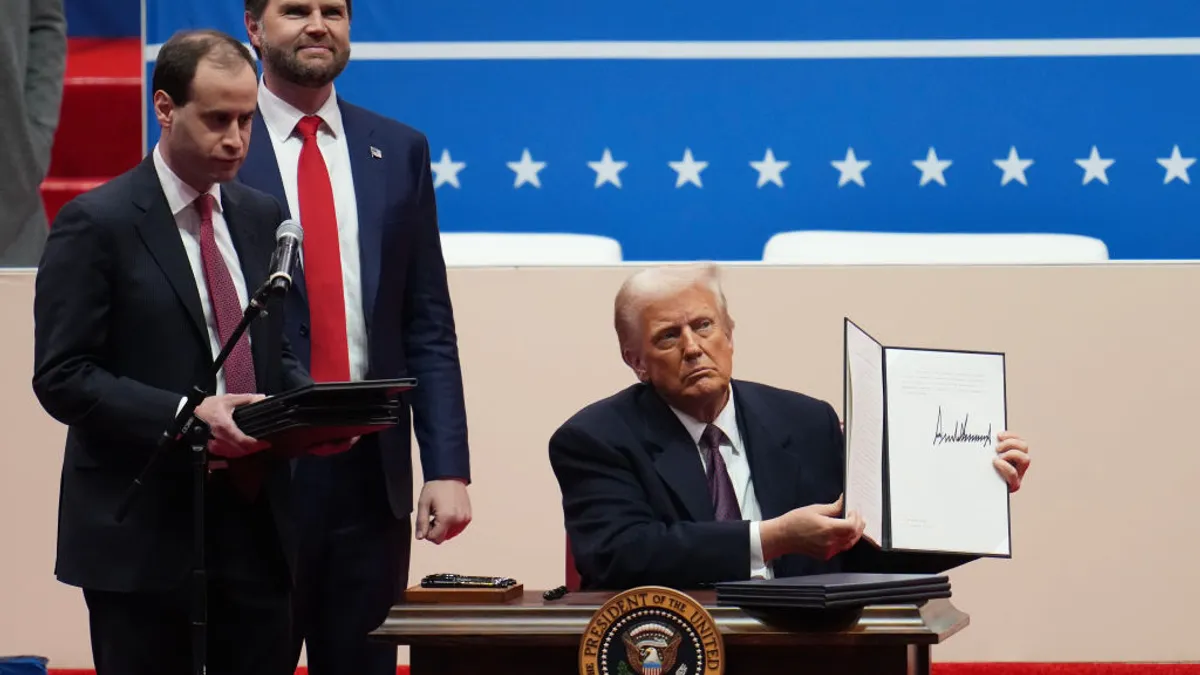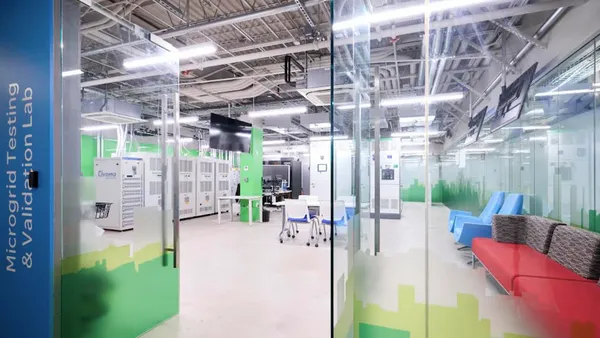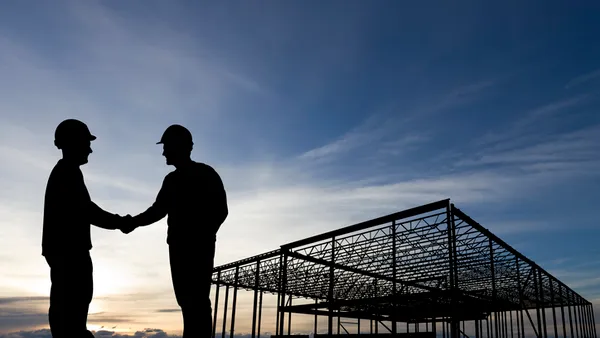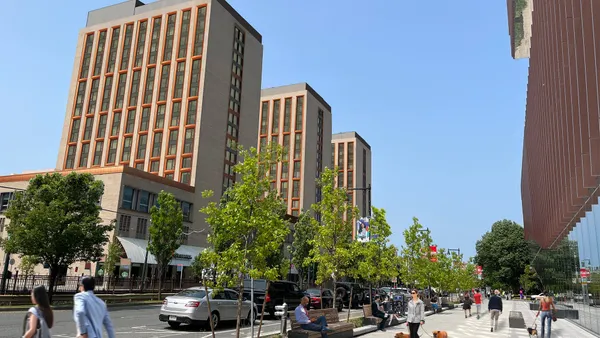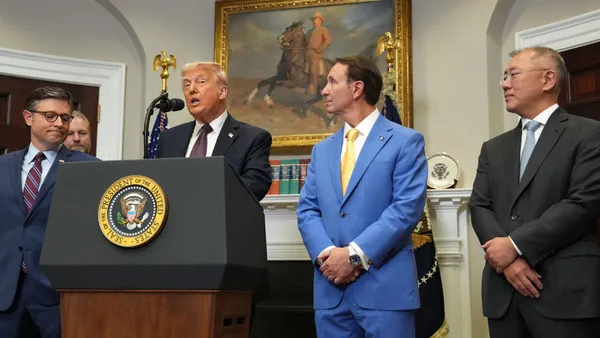Australia-based multinational contractor Lendlease yesterday reported fiscal half-year 2020 EBITDA in its Construction division of AU$101 million, (U.S. $67 million) down 9% from the year before. New work in this division was also down 28% to $3.1 billion compared to $4.3 billion in the second half of 2018.
CEO Steve McCann said the dip in new work was in part due to "lower activity" in the company’s Americas division, most notably in the New York City area, and that the company has seen “some delays in projects being brought to market.” In addition he said, the division won several big projects in Australia in 2018, another reason for the decline in 2019.
Overall, profits from the global construction and development firm’s core operations slipped 13% to $308 million but non-core operations had a $5 million profit, following a $339 million loss last year brought on by several troubled Australian infrastructure projects.
On the earnings call, McCann noted that the sale of the company’s engineering division to Spanish contractor Acciona will be finalized before the second half of the year. The sale of the division, which oversees civil projects such as tunnels, railroads, airports, ports and other heavy infrastructure jobs, will allow Lendlease to return to its primary focus on property development and building construction, he added.
McCann also mentioned another transaction — the sale of the company’s Services division, which is still in play after an offer from a “serious buyer” was withdrawn. He said the company is now in preliminary talks with other buyers.
The company also announced the appointment of U.S.-based Bob Welanetz to the board as an independent non-executive director, effective March 1. According to a press statement, Welanetz has significant executive, advisory, strategic and operational experience in the property and construction sectors, gained over a 40-year-long career that including stints with Blackstone's Real Estate Group and with Jones Lang LaSalle. He is a graduate of Colorado State University.
American developments
In the United States, the company is working with Google on a U.S. $15 billion deal to provide master planning, entitlement and development services for 15 million square feet of residential, retail, hospitality and other projects in the San Francisco Bay Area. McCann said the project will encompass about 15,000 houses over a 10 to 15 year timeframe.
The partnership is part of the tech company's commitment to build 20,000 new homes in Silicon Valley and the units, which will be built with all income levels in mind, are intended to help ease the persistent shortage of housing in the area. McCann said the first phase of the project will be complete in fiscal year 2021 with the other two phases coming shortly after that.
Another Lendlease project currently underway in the U.S. is Lakeshore East, which will be made up of two residential buildings in Chicago totaling 853 units for sale and lease. Named Cirrus and Cascade, the buildings will be ready for move-in by late next year, he said.
These types of high-density mixed-use projects typify the company’s push to be seen as an urban development and construction leader. McCann said that since 2014, Lendlease’s pipeline of urban residential and office projects has grown from $25 billion to $97.9 billion and that the rate of production is expected to accelerate in coming years.
Residential rental units, a relatively new sector for the firm, now make up about one-third of its global pipeline of approximately 57,000 units across 12 gateway cities, he added. In the U.S. these include Boston, New York City, San Francisco, Chicago and Los Angeles.






